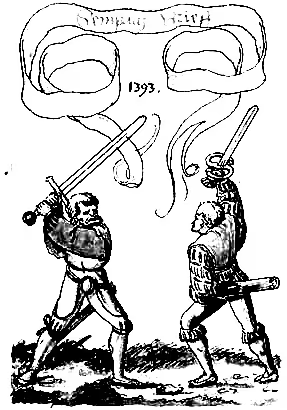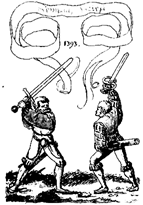
Fraternities are among the oldest and most enduring student institutions in modern higher education. They are not social clubs, marketing brands, or administrative programs. They are organized orders—defined by selective membership, internal governance, ritual continuity, and intergenerational structure.
This site presents fraternities as institutions: how they originated, how they organized themselves, how they persisted across centuries, and how they interact with universities, law, property, and regulation. The analysis is descriptive and structural. No advocacy is offered, and no moral judgments are imposed.
What This Site Is
This is a scholarly reference organized as a unified work. It treats fraternities as durable organizational forms, comparable to other historical student orders, and examines them through documented structures: governance, membership, ritual, housing, alumni authority, regulation, continuity, and closure.
The site is written for readers who wish to understand fraternities as they actually exist: not as caricatures, scandals, or administrative problems, but as institutions with internal logic and historical persistence.
How to Read This Work
The material is organized into five books, each addressing a distinct structural dimension:
- foundations and historical formation;
- membership and internal organization;
- institutional recognition and regulation;
- housing, property, and operational continuity;
- comparative and reference frameworks.
Chapters are designed to be read sequentially or independently. Together, they form a complete account of the fraternity as an institutional order within higher education.
What This Site Is Not
This site does not promote recruitment. It does not offer advice, rankings, or commentary on current events. It does not engage in sociological advocacy, cultural critique, or moral evaluation.
Its purpose is clarity. Fraternities are treated here as structured organizations, subject to rules, documents, authority, continuity, and termination.
Begin Reading
Readers are encouraged to begin with the Introduction and proceed through Book I. All chapters are interconnected, and later sections presuppose familiarity with the institutional foundations established earlier.
This work assumes an attentive reader. It rewards careful reading with structural understanding.
